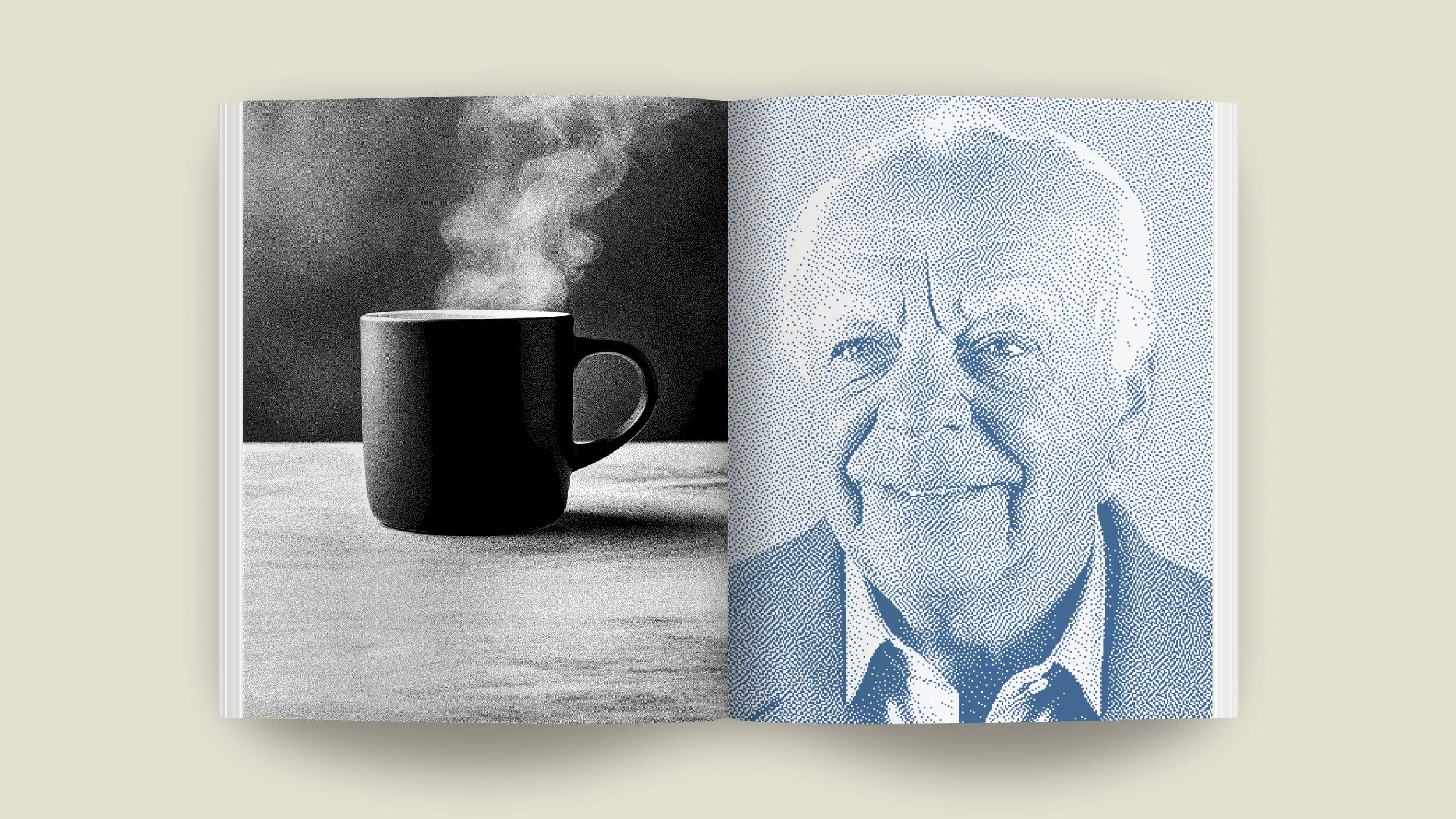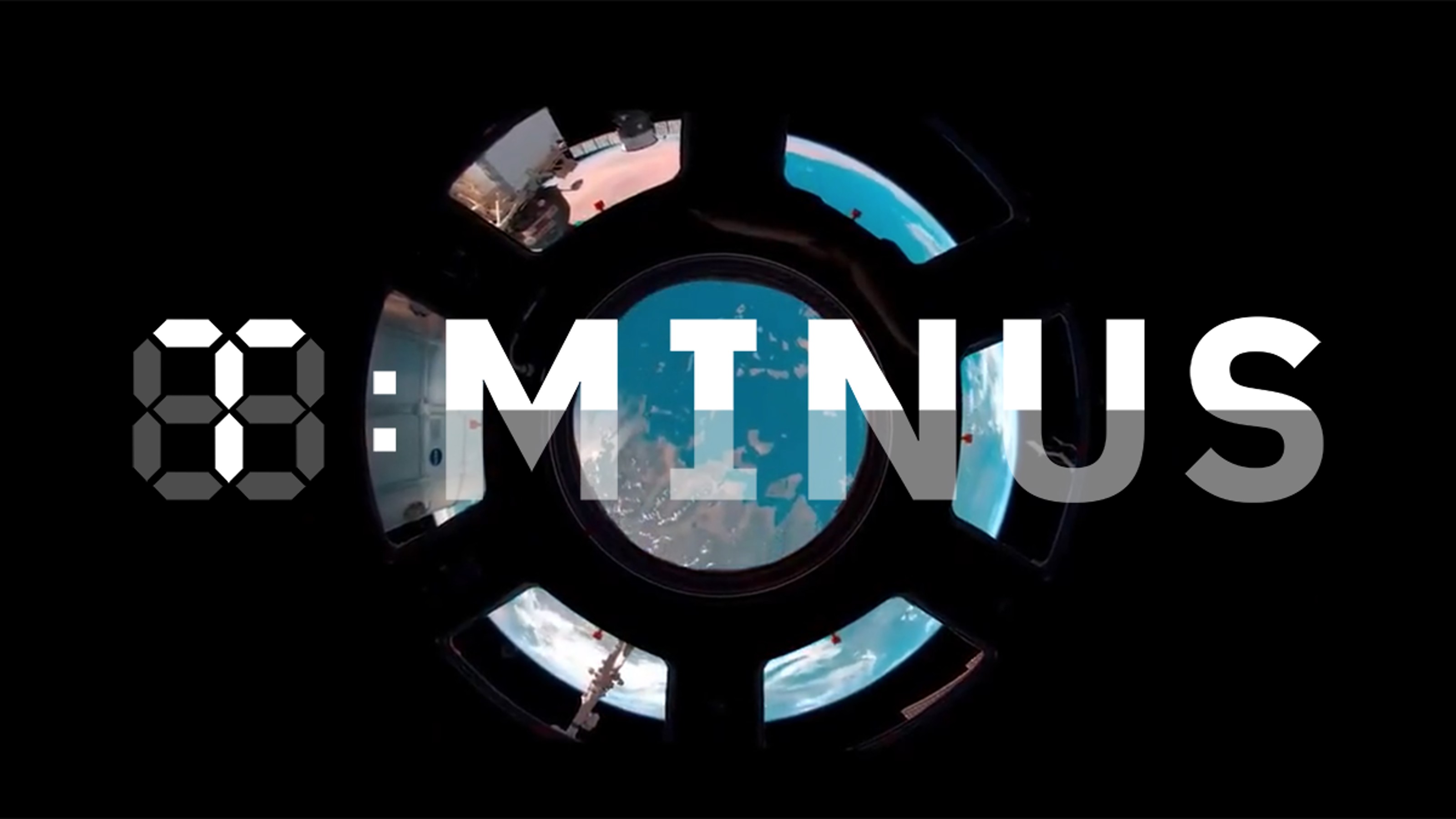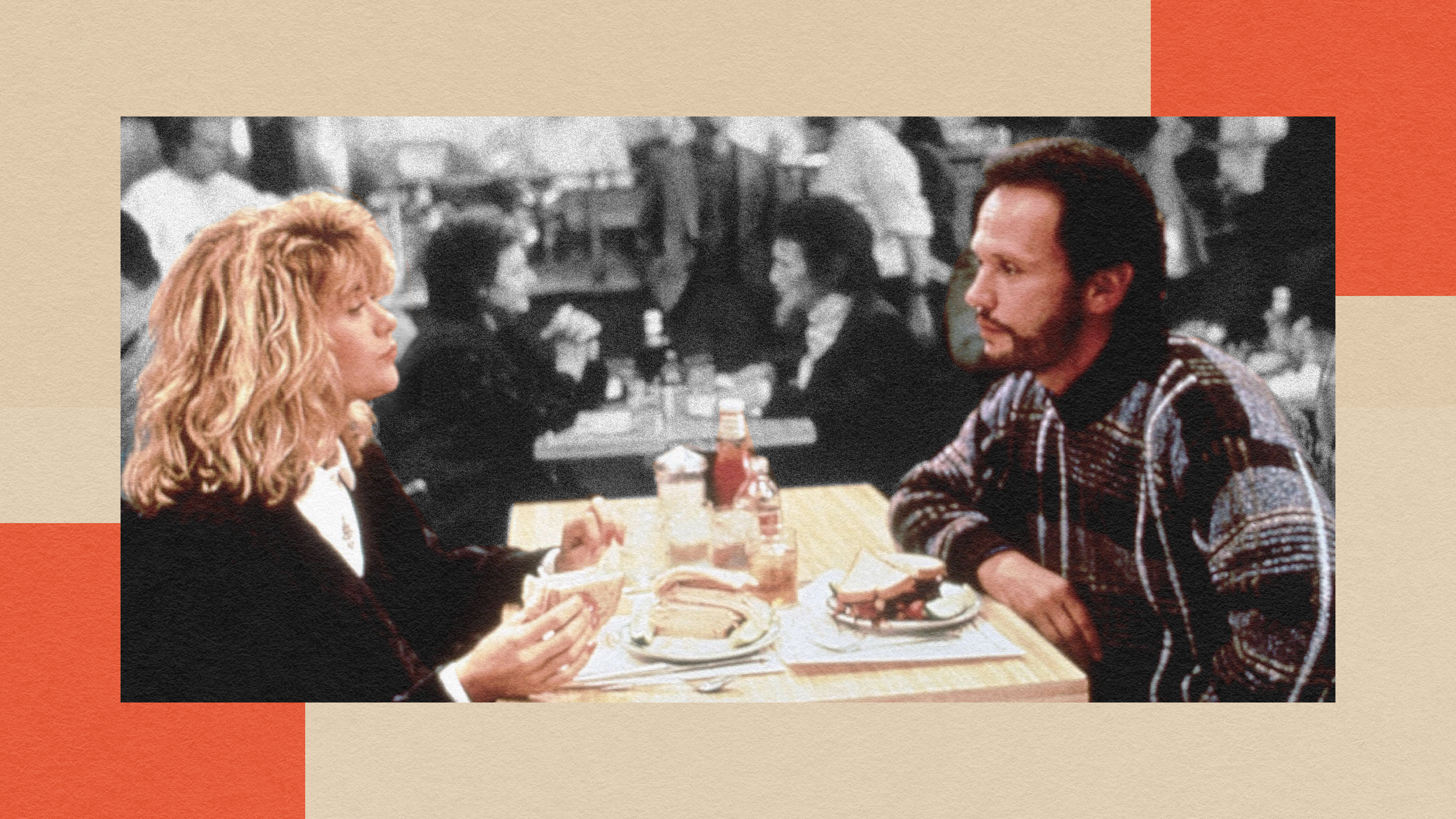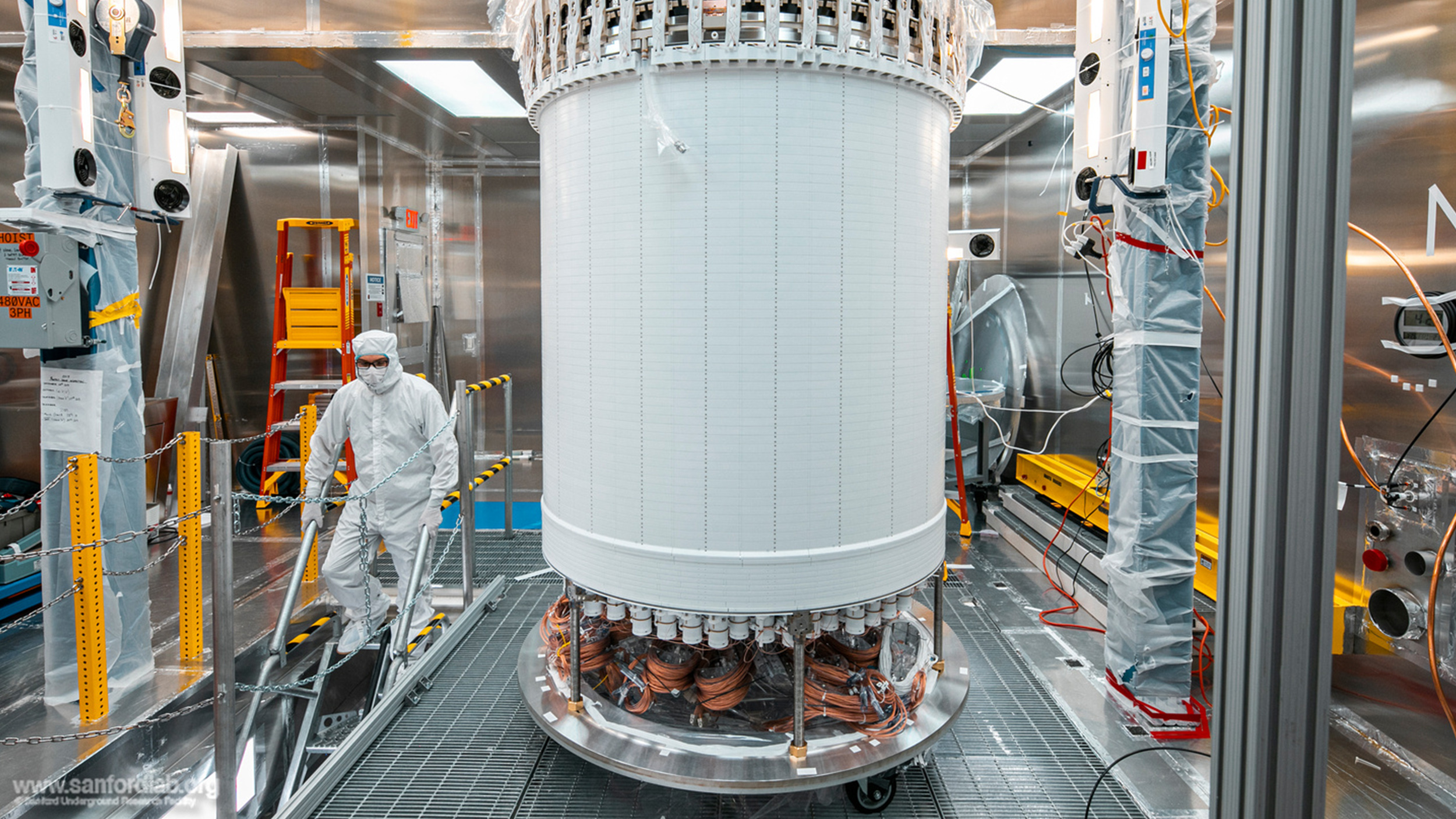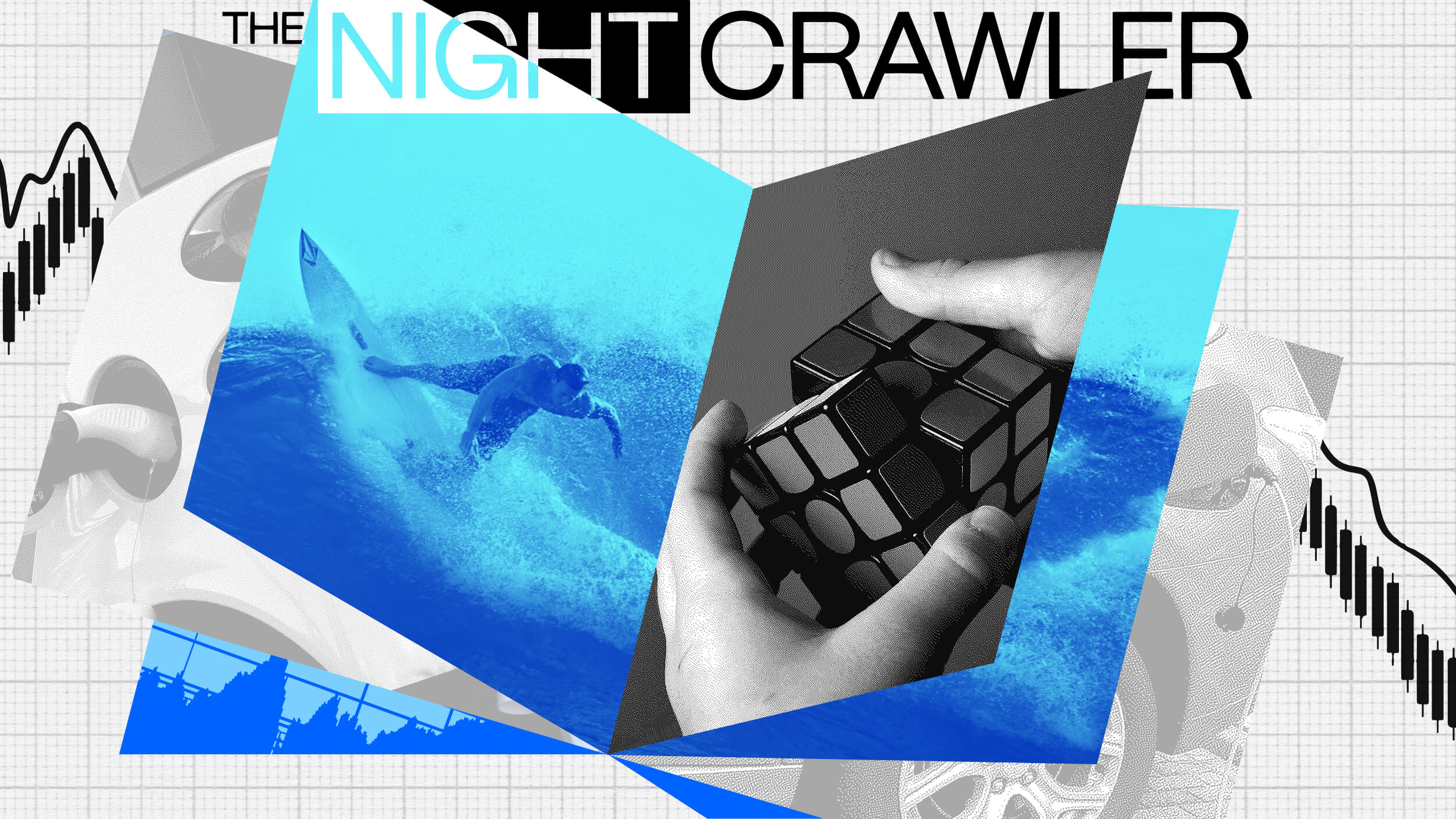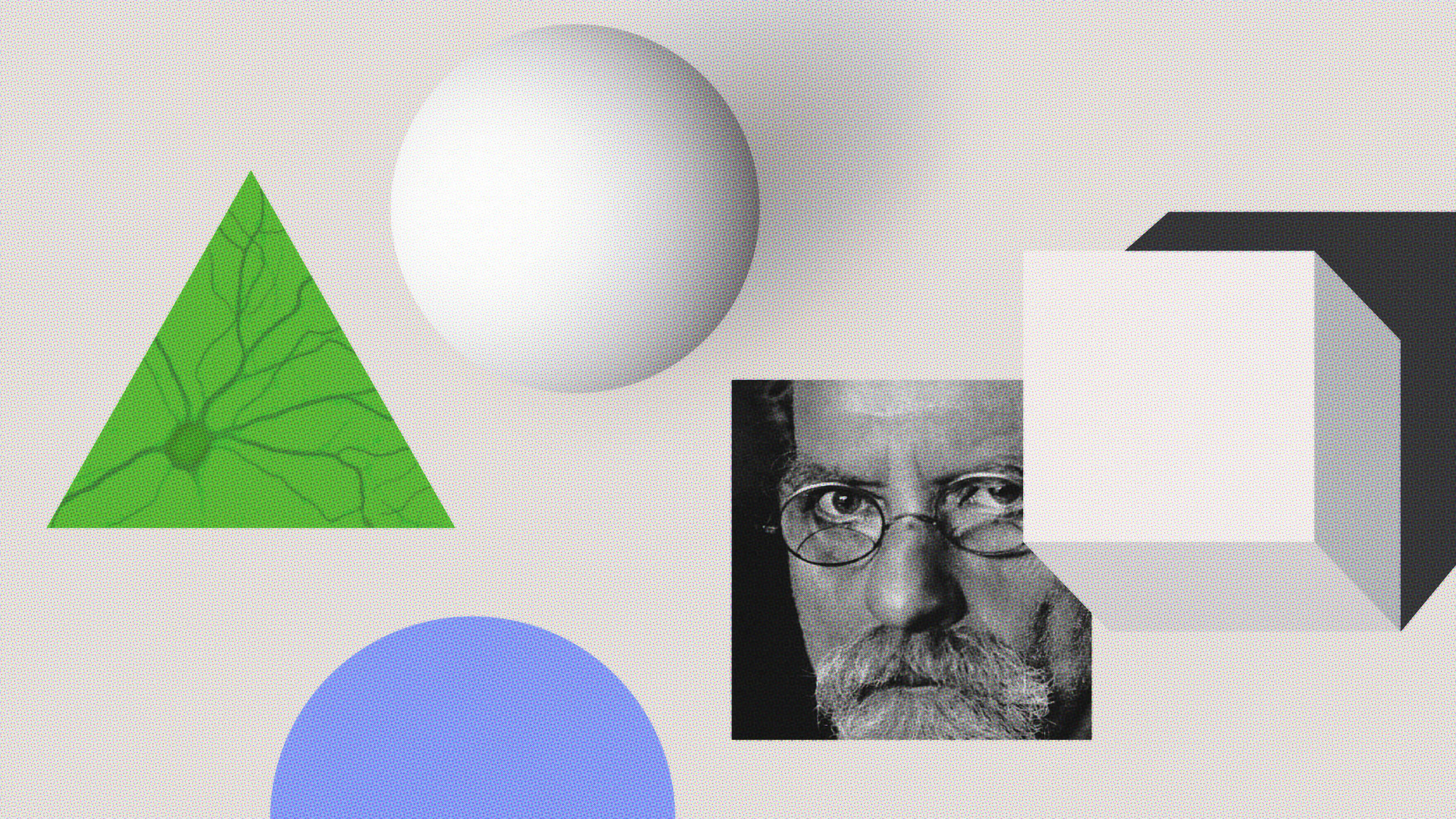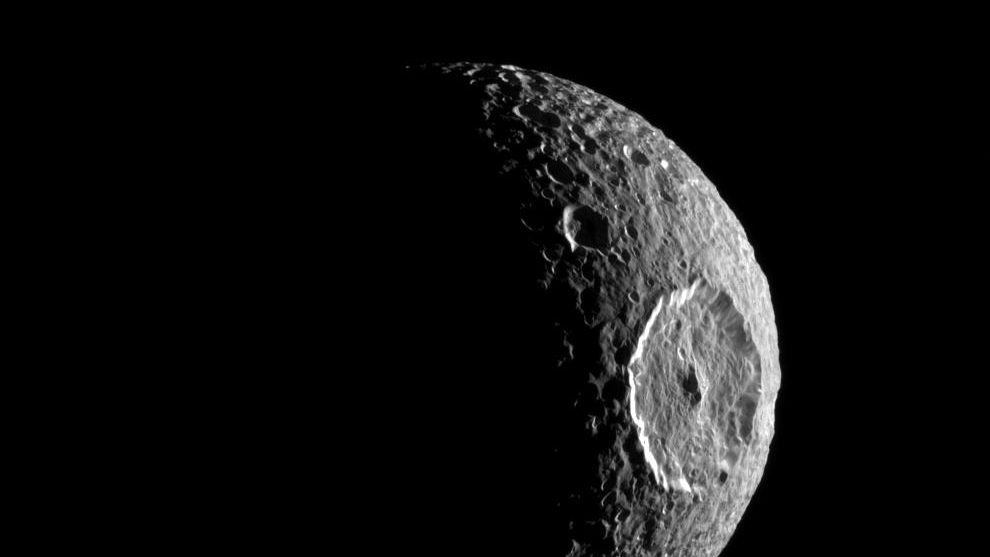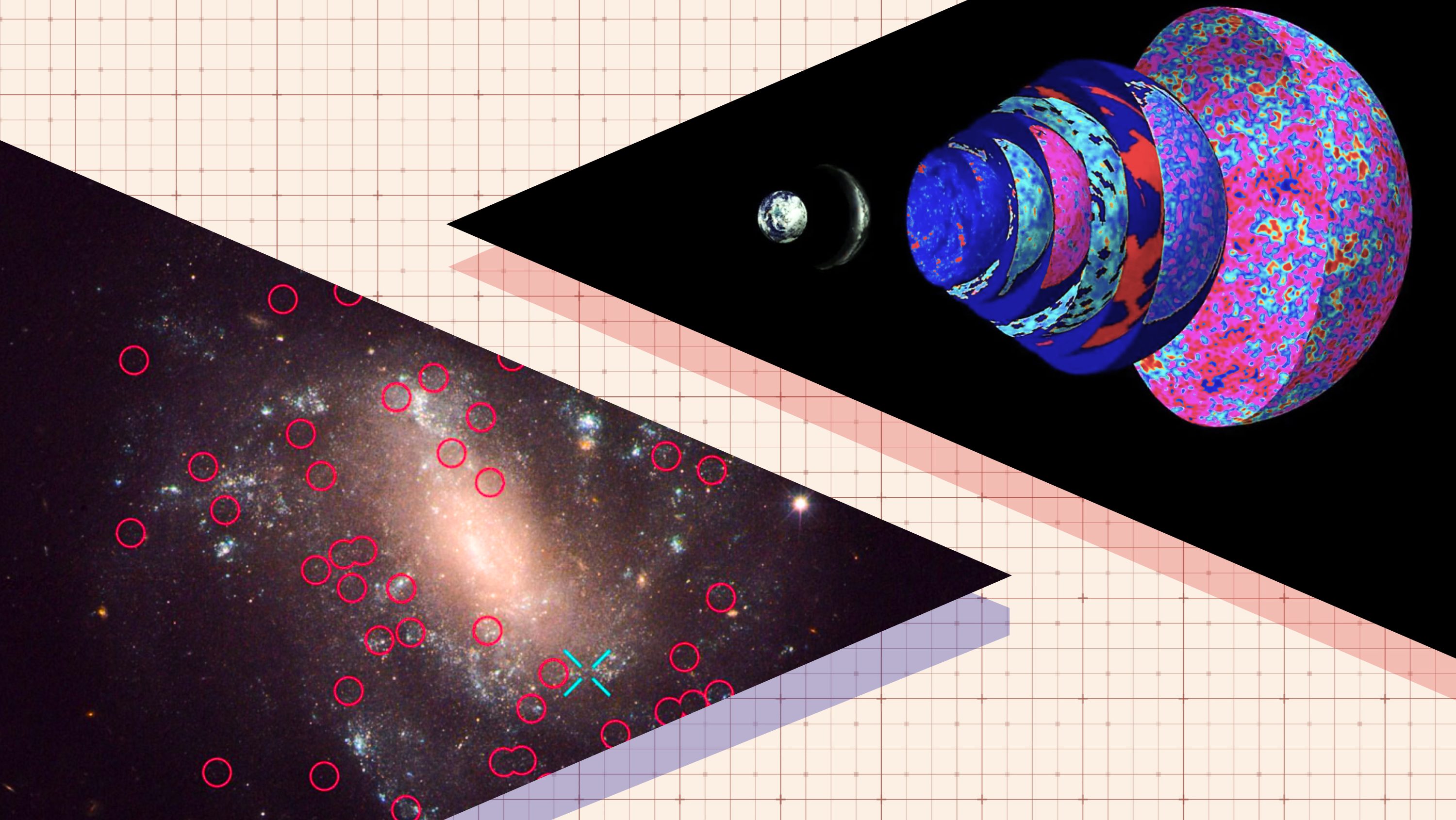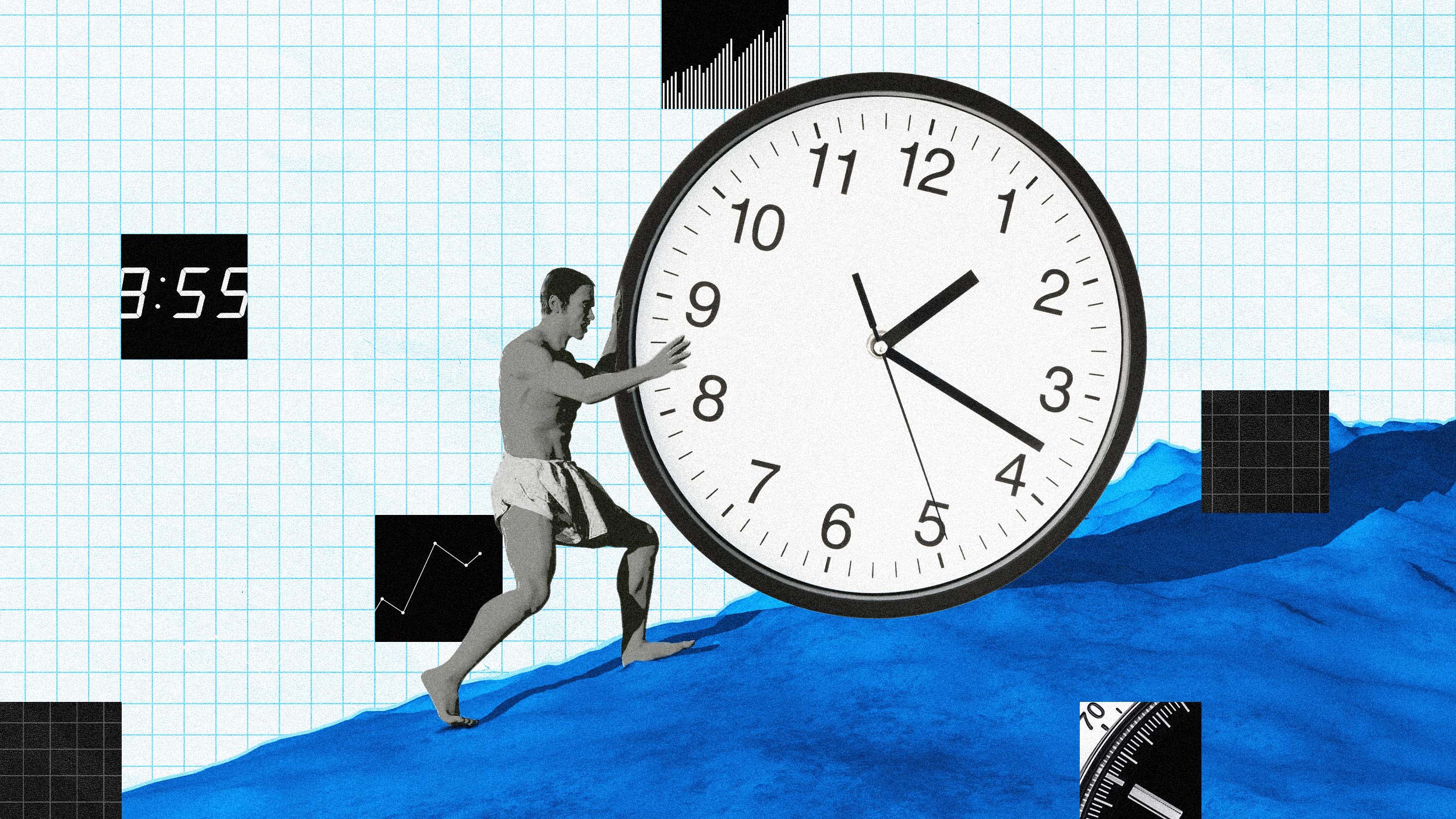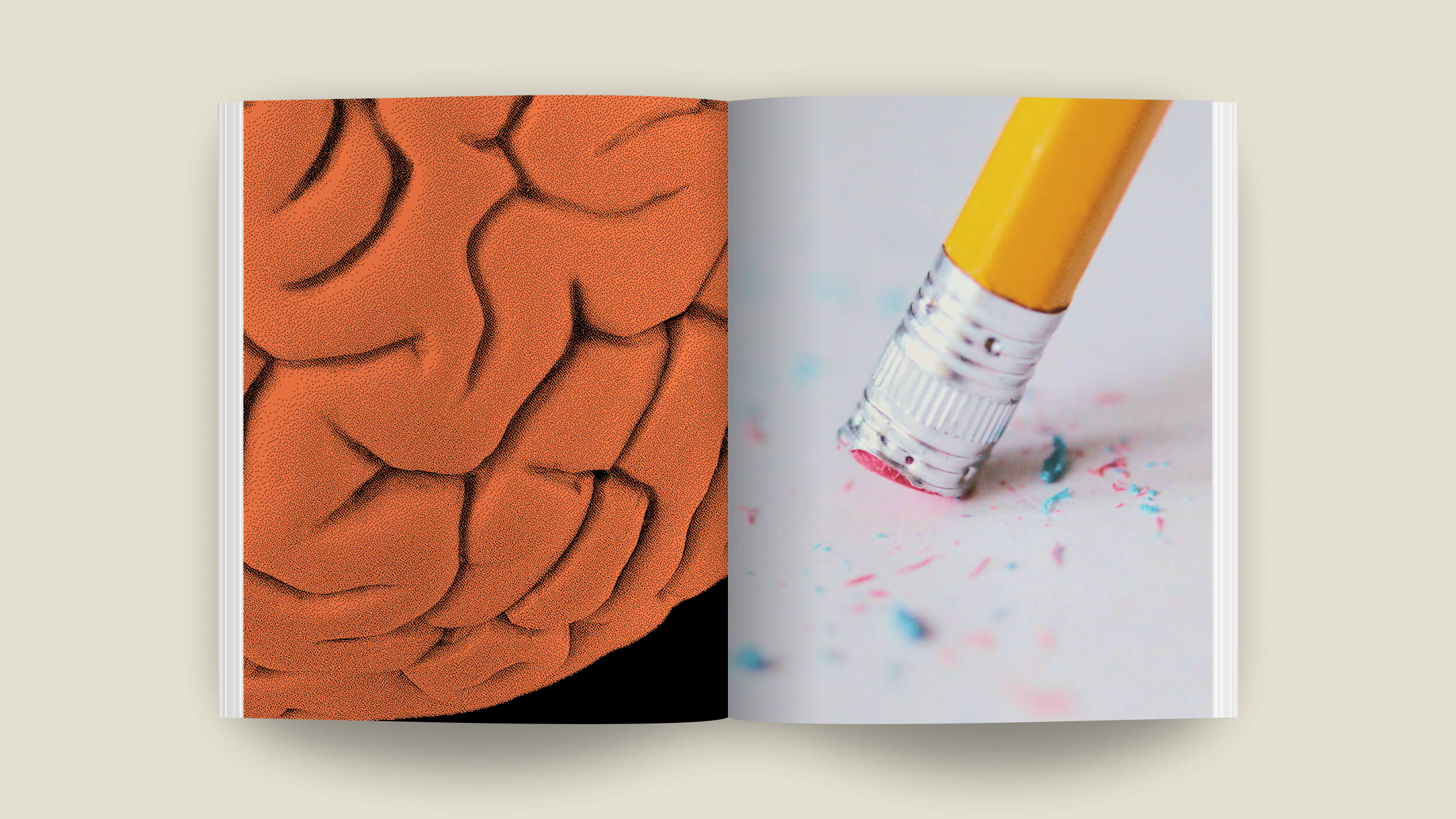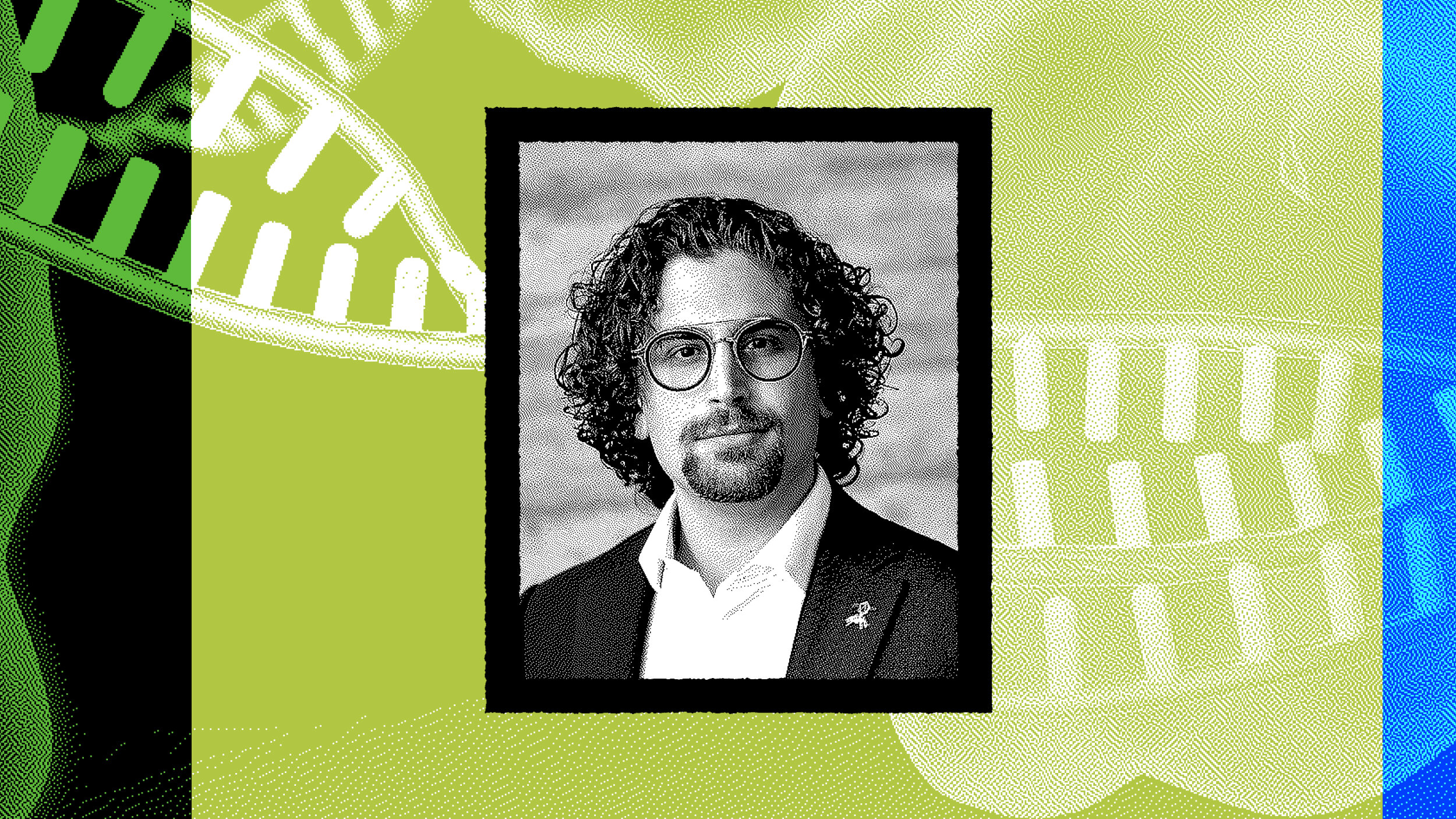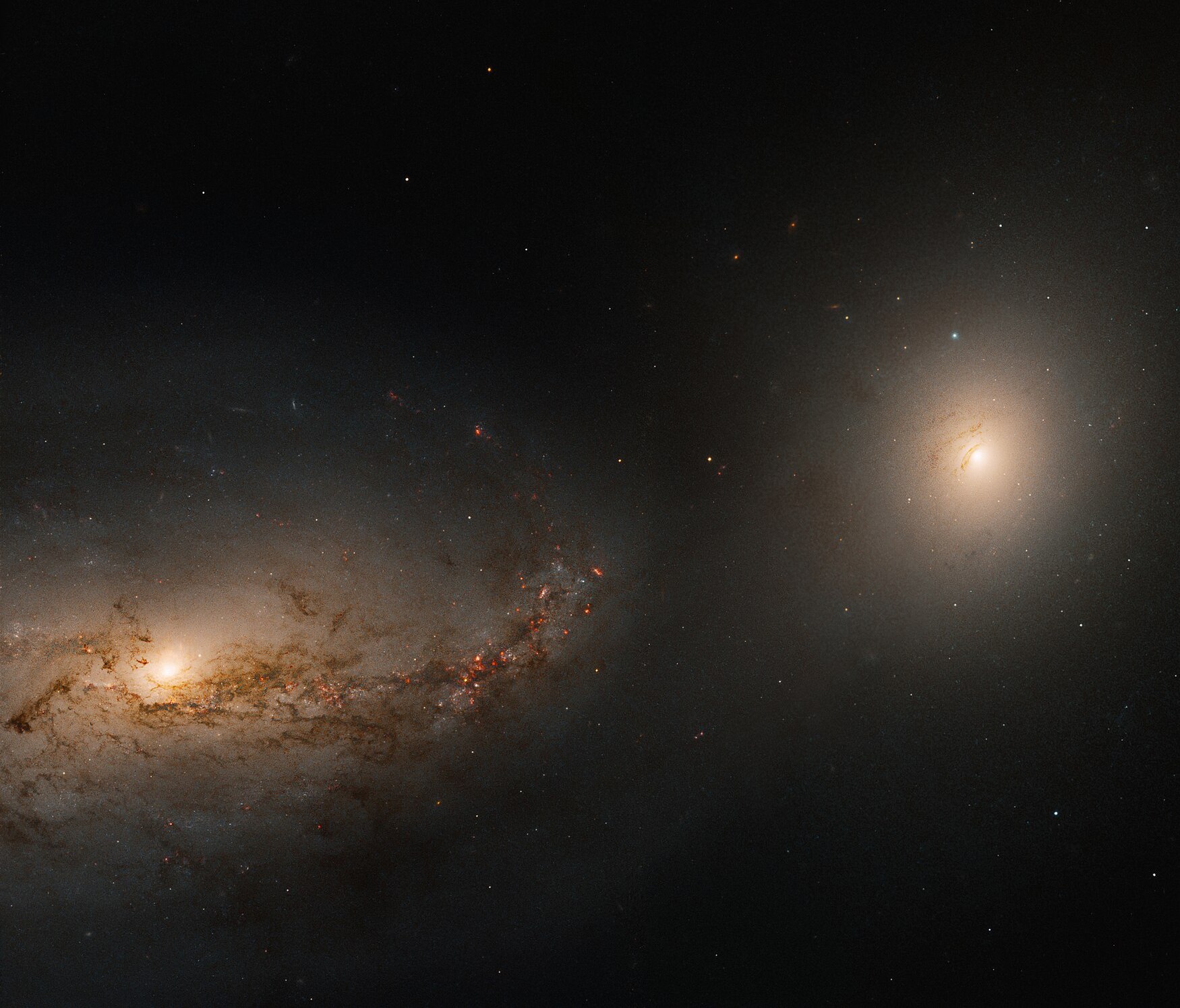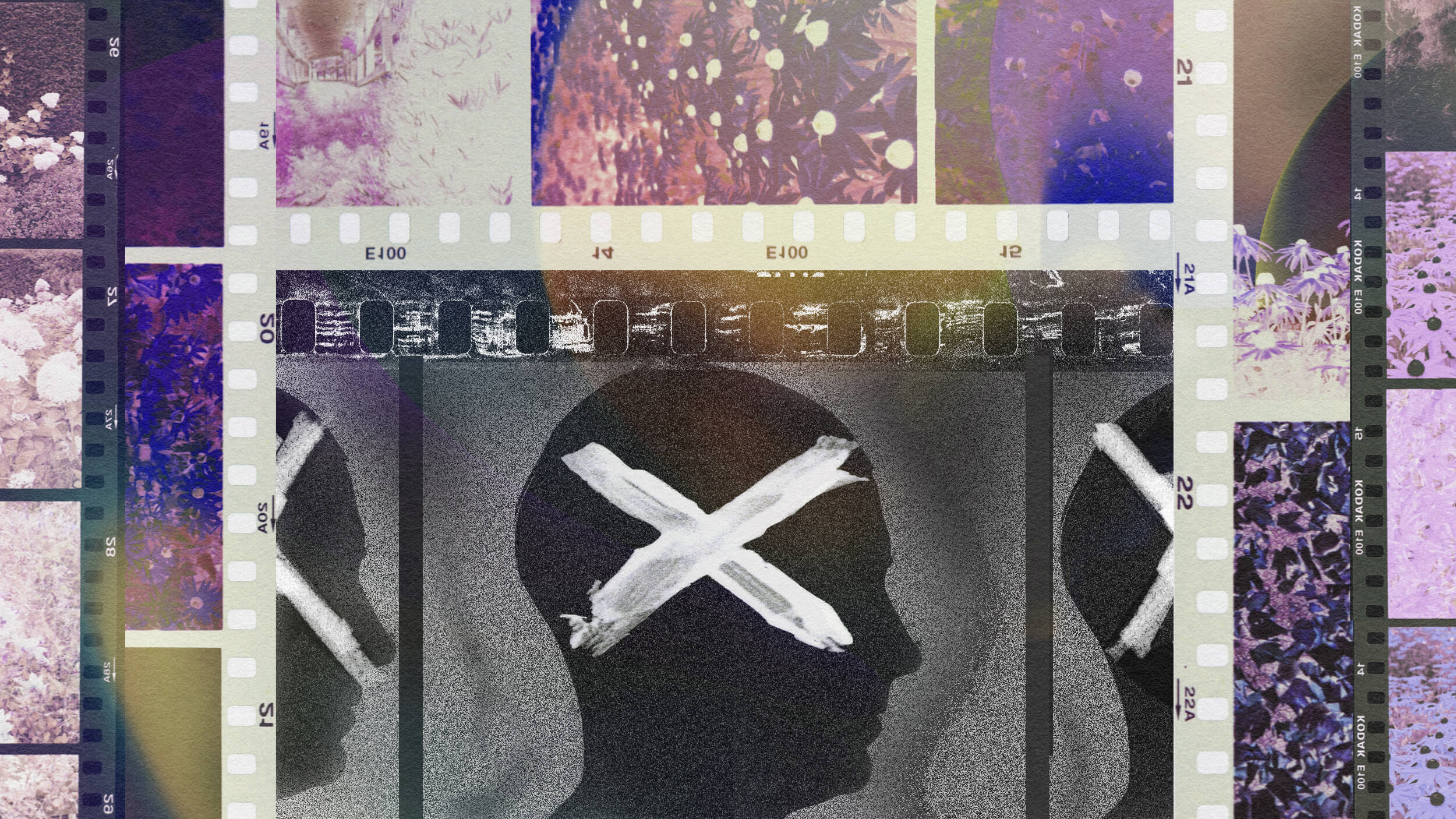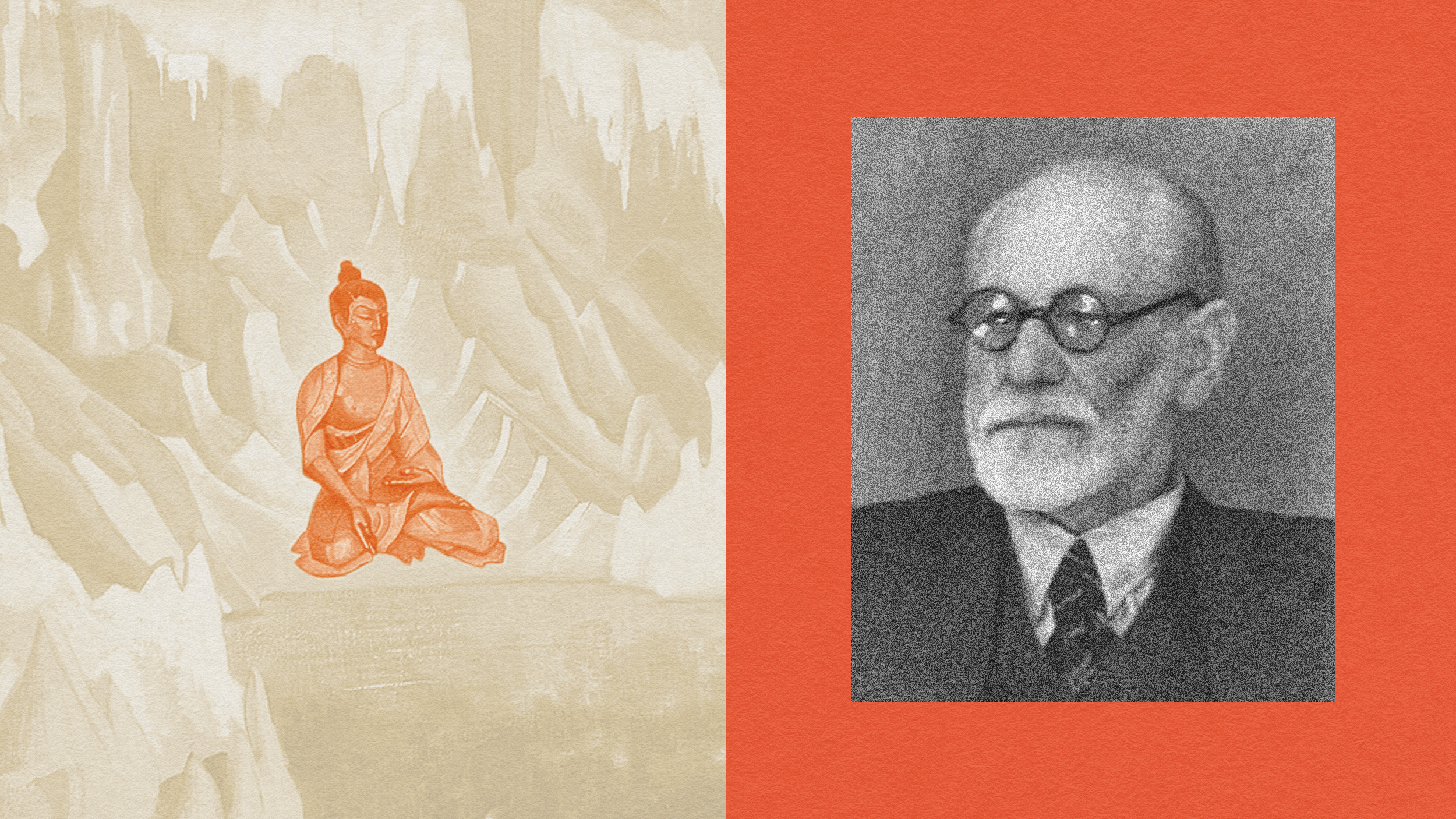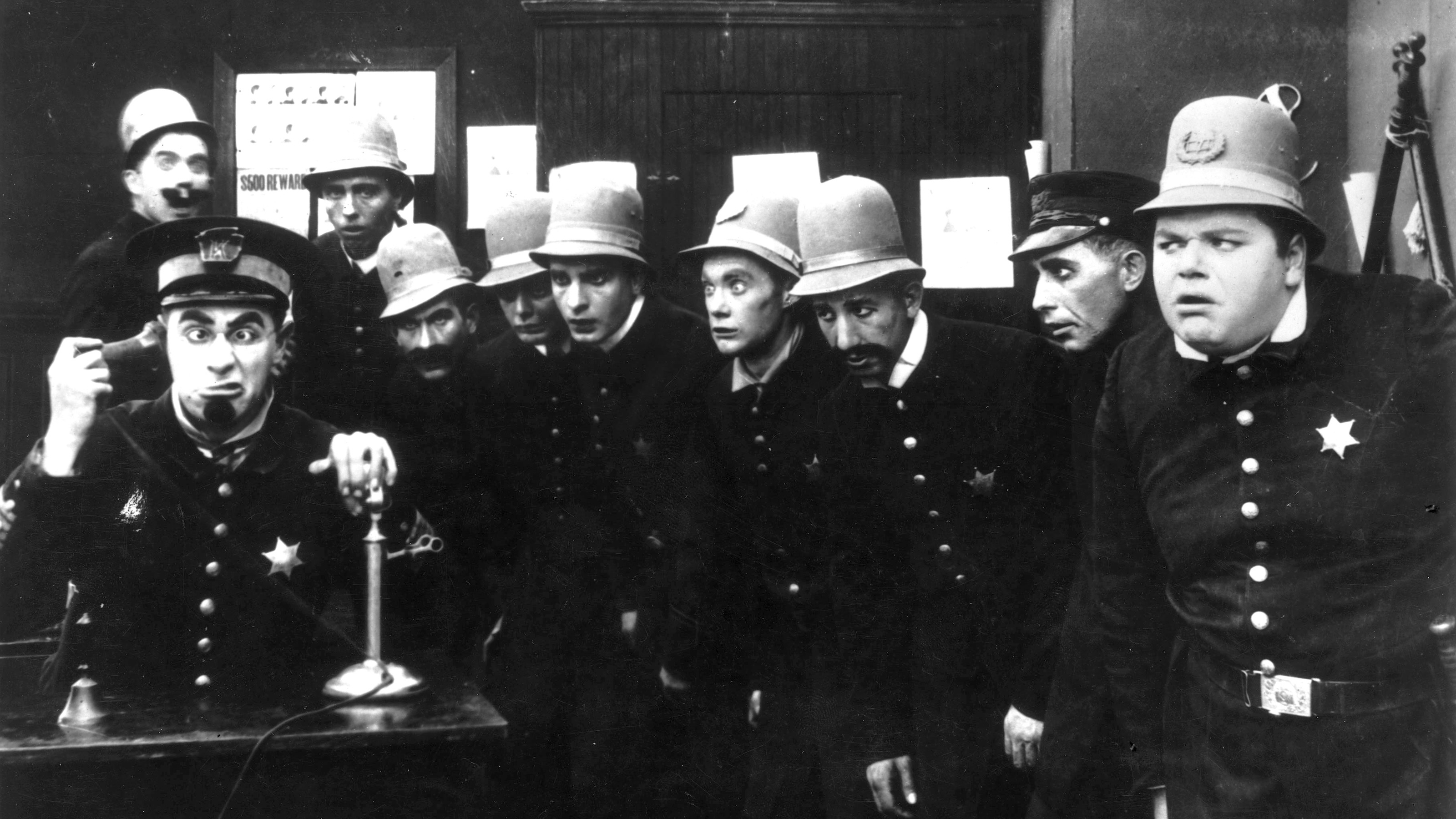The hidden story behind Greek surnames and how they trace family origins across the country — starting with the name of a would-be U.S. president.
All Articles
Why Bob Stiller — founder and former CEO of billion-dollar beverage company Green Mountain Coffee Roasters — believes shared learnings are a win-win.
Almost all of the stars, planets, and interesting physics happens in the inner portions of galaxies. Is that conventional wisdom all wrong?
These startups, space agencies, and aerospace giants are building humanity’s next off-world homes.
“We’re acting more like fans of a football team going to a game than a banker carefully choosing investments.”
The digital world will always entail risks for teens, but that doesn’t mean parents aren’t without recourse.
Does Platonic love actually exist?
Within our observable Universe, there’s only one Earth and one “you.” But in a vast multiverse, so much more becomes possible.
Quantum computing brings significant opportunities — but equally significant cybersecurity risks.
A recent experiment challenges the leading dark matter theory and hints at new directions for uncovering one of the Universe’s biggest mysteries.
Welcome to The Nightcrawler — a weekly newsletter from Eric Markowitz covering tech, innovation, and long-term thinking.
The laws of physics aren’t changing. But the Earth’s conditions are different than what they used to be, and so are hurricanes as a result.
By focusing on the role of human experience, we may uncover new insights on the fundamental structure of reality.
Stanford psychologist Jamil Zaki discusses the dangers of cynicism and how skepticism can invigorate our relationships and communities.
Most fundamental constants could be a little larger or smaller, and our Universe would still be similar. But not the mass of the electron.
The existence of another watery world in the outer solar system may offer clues to how such seas form — and hope for another spot to search for life.
How to find the right balance between controlling teams and allowing them the agency to make mistakes — and learn from them.
Meet the scientist mixing mentalism with principles from positive psychology and the science of human potential.
How Daniel Kahneman and Amos Tversky cracked open behavioral economics and enlightened all our choices.
In a world of distractions, several remarkable companies show why focus is the ultimate strategy for endurance.
In the expanding Universe, different ways of measuring its rate give incompatible answers. Nobel Laureate Adam Riess explains what it means.
Oliver Burkeman — author of “Four Thousand Weeks: Time Management for Mortals” — tells Big Think about modern life lessons from a 6th-century monk.
By unlearning old leadership mindsets, cultures, and assumptions we can move from Industrial Age thinking to Intelligence Age thinking.
Benjamin Oakes — CEO of buzz-worthy biotech company Scribe Therapeutics — joins Big Think for a chat about innovation, human endeavor, and more.
The Lyman-α emission line has never been seen earlier than 550 million years after the Big Bang. So why does JADES-GS-z13-1-LA have one?
When AI eats its own product, it gets sick.
Galactic activity doesn’t just arrive when supermassive black holes feast on matter. Before, during, and after all create fascinating signs.
“No matter how long you’ve been doing a job or how good people say you are, you need to care as if you’ve never done it before.”
Desire is like a drug. But is an addict always an addict?
Why would someone who has spent their entire career following orders become a great leader overnight?

